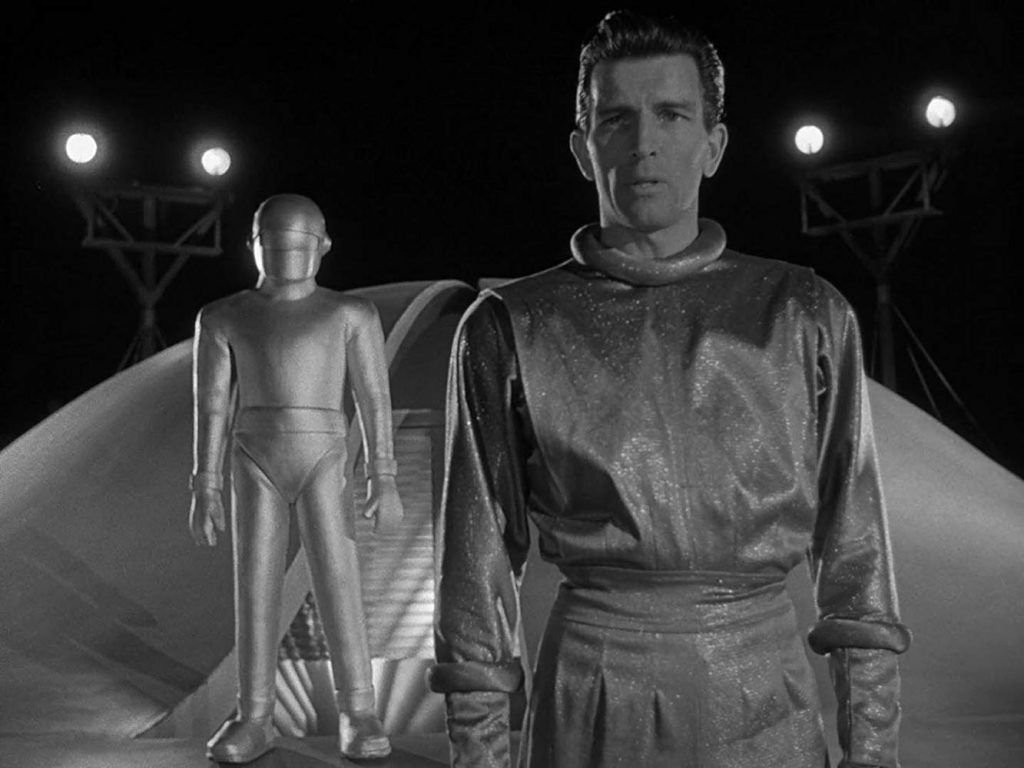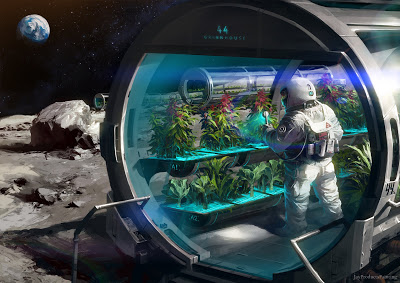I thought it was time for me to blog a little bit more about my world-building methods. It’s a subject that I find as fascinating as writing the actual story. In fact, I’ve grown to love the act of creating a world and making it come alive. Which is surprising, when I started writing I found it tedious and overcomplicated, almost a barrier to my progress as an author.
I found that I was forever having to justify the action in terms of the world I had created. There was a butterfly effect in progress, my plot demanded a thing which meant I had to change my world, which meant a modification of something else………
Clearly this wasn’t the best way to write, I spent a lot of time thinking about world-building before I wrote my second book. It’s also led me to write a textbook on the subject, a sort of Creating a Universe 101.
Back to the world-building.
Even though my sci-fi novels are set in different universes, different time periods and with different themes, there are things that connect them, despite there not being any apparent points of contact.
The thing is, once I’ve created part of a world; if it works and makes sense, it seems silly not to use it somewhere else.
I’m not just referring to the big stuff either. While things like means of transport, types of planet or pieces of equipment are common across my Sci-fi worlds so are the little things too. I don’t see the logic in inventing a whole new way of doing everything for each separate universe; unless it’s a thing that’s central to the plot.
I’ve been to all the trouble of inventing these things, spent ages scouring technical websites, magazine and reference books, to ensure that everything I put into my novels has a basis in fact. If I can use it in more than one place, then it’s value for money as far as I’m concerned. At the end of the day, people have to live, eat and travel in all of my worlds, irrespective of time or place; why not use the same means to achieve those ends.
Hence all my spaceships use a device that I called the Padget Inverter to travel faster than light. This was my way of putting two fingers up at Einstein (in the nicest possible way) and avoiding the methods used by other authors to get around the Galaxy. I justified the way it worked in a short story, The tale of Christopher Padget, which you can find in my collection Flash Fiction.
As Klaatu said in The Day the Earth Stood Still. (The original and best version)

I find it works well enough to get me from one planet to another.
Why should I bother inventing another way to do the same thing just because the book has a different title?
My galactic explorers need food,
so I have perfected the concept of the farm in space, on space stations in Andorra Pett and the Oort Cloud Café and my short story The Orbital Livestock Company (FREE for subscribers). I have farms on airless planets in Andorra Pett on Mars and Ribbonworld.
Not only crops, animals and fish can be grown on the farms, there really are no limits. It also solves the problem of getting food delivered from Earth when you’re on the other side of the Galaxy.
I spent a lot of time researching the concept; using real-life farming techniques and theories of soil structure, hydroponics and crop nutrition. I know it sounds realistic and more importantly, would work in practice. I wrote more about farming in space HERE

And then there are the incidental bits of technology, the small things that add authenticity. Today, they would be things like a mobile phone, a wireless connection or a reusable coffee cup, everyday stuff that you hardly notice. In my future, we have upgraded versions of them, familiar yet different. As well as the new devices you’ll need for your future, there are things that we could have today if only we could be bothered to make them, Chargers for electronics that are powered by running water, square cups so you can carry four easily. That sort of thing.
While we’re on the subject,
probably about 90% of what we will have in the future we already have now. If you think about it, we could live on many an alien planet if we could get to it, we already have the means to survive extremes of pressure and temperature. All we lack is the ability to go and a place to go to.
The only thing you need to alter with today’s technology is perhaps a fancier case or a few extra functions that could be relevant to the plot. The basic idea is still relevant.
A lot of the devices I invent (if that’s not too strong a word) are things that I would like to see now. Take Glasswall for example. First seen in my novel Jungle Green, it’s a system of cameras mounted on the outside of a spaceship, they project an image of what’s outside onto the inside of the hull. It removes the need for windows (portholes) and has all sorts of other uses. I liked it so much that I’m fitting it on all the spaceships in my fleet.
But, where you can really go to town is in a Steampunk world. I spend ages inventing new ways to do what we do now, only without the advantages of modern methods. And once you get over the lack of oil or electricity, it becomes obvious that you don’t actually need these things to function as a technological society. They make life easier but that’s about it.
That’s the topic for next week’s post.
Finally, current thinking also influences my writing.
You can spot trends and make them a part of your future. Things like alternative energy sources; mans effect on the climate and preserving ecology. Topical issues that, again, serve the purpose of making your future believable. It’s interesting to take today’s problems and see what the inhabitants of my future worlds have made of them.
Have they solved them or have they ignored them and moved on? In fact, the possibilities for introducing new solutions to old problems can be a great source of inspiration. It can also drive the plot or motivate your character’s behaviour.
I’d love to get your comments, please leave them below. While you’re here, why not take a look around? There are some freebies and lots more content, about me, my writing and everything else that I do. You can join my newsletter for a free novella and more news by clicking this link.
![]()



Jack Eason
If you read all of my books with two exceptions – Goblin Tales (Fantasy), and Ursus the bear (Under fives), you will find I often use Ancient Sumeria and Malta. Why? Because they both facinate me. Paticularly Malta, having spent a wonderful month there several years ago…
Richard Dee
Exactly. Wherever it might be in the universe; if it works, use it.